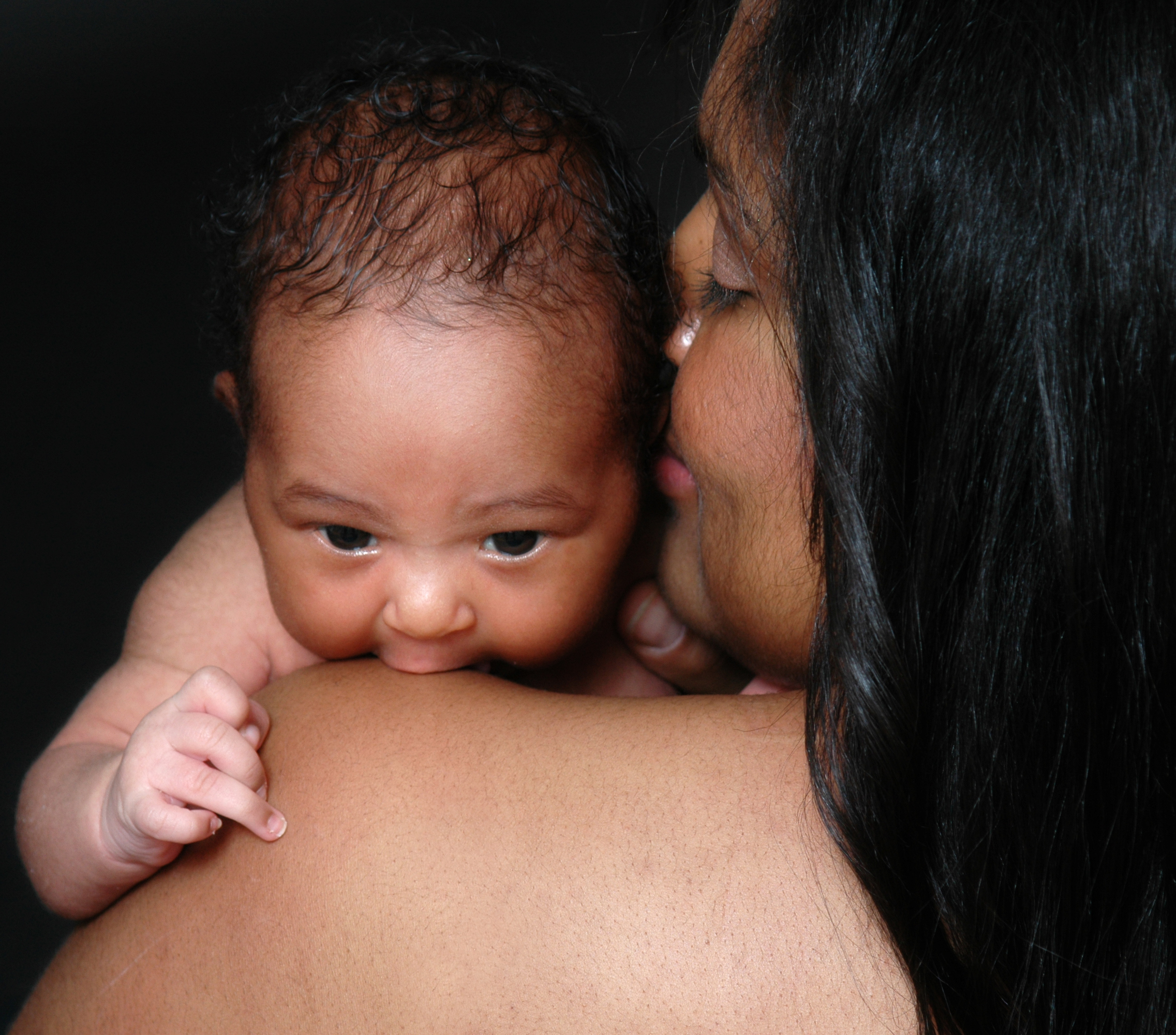Supporting Intimate Partner Violence Survivors in Pediatric Health Care Settings
Pediatric health care providers know that supporting parents and caregivers is a critical part of how they support children’s health and wellbeing. Pediatric health care settings provide unique opportunities for supporting families experiencing intimate partner violence (IPV).
IPV impacts between 1 in 3 and 1 in 7 people in the U.S. And, many experts agree that IPV and child exposure to violence and abuse in the home has worsened since the pandemic. IPV contributes to injuries, chronic health issues and trauma, which can have long lasting effects on the health and well-being of survivors and their children.
It can be challenging to address IPV within pediatric health care settings. Here are valuable resources that provide guidance on best practices to support IPV survivors and their children while ensuring safety.
Click on the titles below for more info.
Video Training Vignettes for Universal Education
- Implementing CUES in Pediatric Settings: How to support a caregiver who hasn’t disclosed IPV
- Implementing CUES in Pediatric Settings: How to support a caregiver with an upset partner in the office
- Implementing CUES in Pediatric Settings: How to respond to a caregiver’s disclosure of IPV
Pediatric Health Care Provider Training
Supporting Survivors of Intimate Partner Violence and their Children: What pediatricians can do
Lessons Learned About Survivor-Centered Support During the COVID-19 Pandemic
Infographics
Partnership Models
- AAP Chapter Grants: Supporting Domestic Violence Adult Survivors and Their Children Through Partnership with Community-Based Service AgenciesThree AAP Chapters (Alabama, DC and Connecticut) were awarded funding to build and enhance partnerships with domestic violence coalitions to support children and women experiencing violence during the pandemic and recovery. These chapters established a leadership team including chapter members, state domestic violence coalitions, culturally-specific community-based organizations, and other child and family-serving partners, including child welfare and mental health providers, to design unique learning opportunities, bi-directional training and a blueprint for building partnerships at the local level between pediatric practices and DV agencies. Learn more.
- Alabama Chapter
This team hosted a webinar series to promote training/education on topics including DV and its health impacts, ACEs, children’s mental health, universal education, and building coordinated systems of care between healthcare and DV service providers. They developed a plan of outreach to identify local DV specialists associated with the SAIL program, child welfare workers and pediatricians and their staff and plan webinars. Lastly, they will develop a blueprint for addressing ACEs and trauma-informed care for its members which will be shared at the AL AAP Annual meeting, fall Pediatric Update and state conferences for child welfare workers & DV workers (SAIL). For more information, visit their project webpage: Supporting Alabama Children Experiencing Domestic Violence Through Partnerships.
- DC Chapter
This team developed a learning community that offers educational opportunities for pediatricians and IPV advocates working at community-based programs. They also hosted the first DC Regional Academy on Family Violence with DV and child welfare sectors to support networking and training. They will be developing a website to host information and educational opportunities. These educational opportunities will inform their work as they create a blueprint for local partnership development. For more information, visit their project webpage.
- Connecticut Chapter
This team hosted a webinar focused on how to operationalize universal education, using the CUES framework, in pediatric primary care. They have been designing a learning collaborative/MOC4 project for Connecticut AAP members and pediatricians in the state on universal education on domestic violence in outpatient pediatric settings.
Other Resources
- Short, animated video series for pediatric health care providers
- Practical tools for supporting IPV survivors in pediatric health care settings
- American Academy of Pediatrics (AAP) Clinical Report – Intimate Partner Violence: The Role of the Pediatrician
- Video Series – “In the words of an IPV survivor”
Resources for Parents and Caregivers
- Connected Parents Connected Kids safety card
- Coping with Stress and Violence at Home
- Short animated video for Families and IPV Survivors – Talking With Your Child’s Doctor about IPV
- Available in English, Spanish, Mandarin, and Vietnamese





